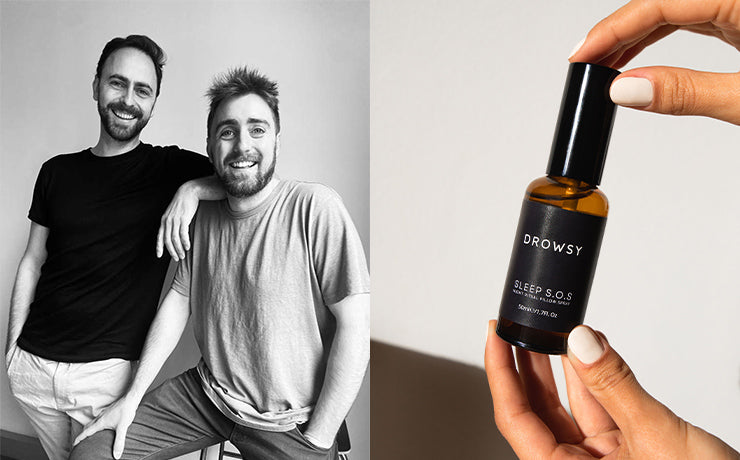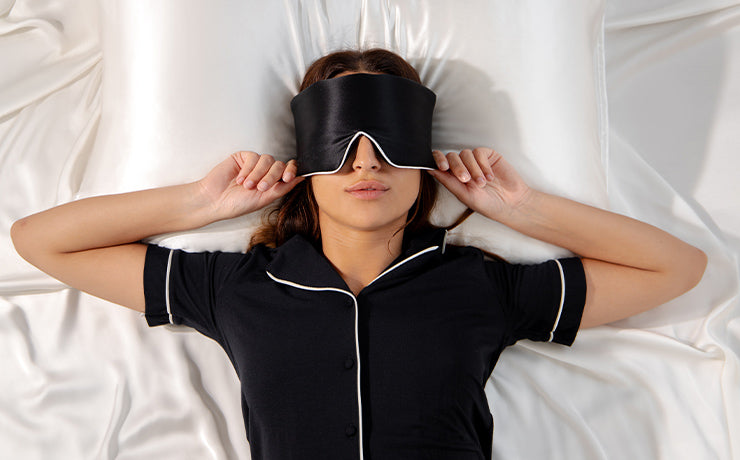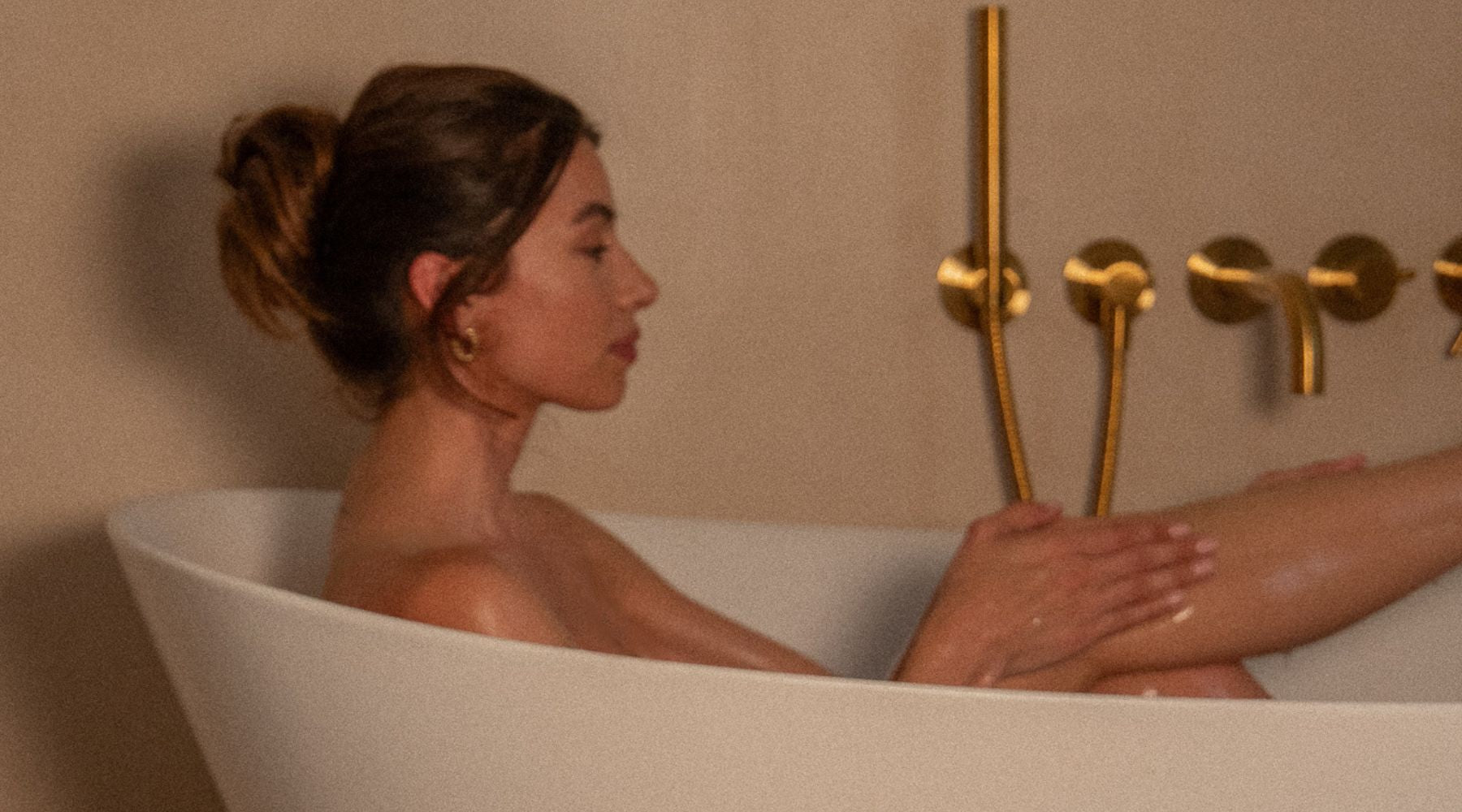Exercise and sleep: how fitness improves your rest
If you've ever crashed into bed after a workout and fallen asleep like a rock, you know the power of exercise firsthand. Physical activity doesn't just tone muscles. It also plays a big role in helping you fall asleep faster and sleep more deeply. Let's dig into how fitness ties into better rest, and what you can do to make the most of it.
How exercise affects your sleep
When you stay active, you burn energy, helping your body feel naturally tired by the end of the day. Exercise helps regulate your body's internal clock, called the circadian rhythm. This clock controls when you feel awake and when you feel sleepy. Consistent physical exercise can improve sleep efficiency by ensuring your body falls into a healthy sleep pattern more regularly.
Getting regular exercise can also lower stress hormones like cortisol. Less stress means a calmer mind at night. Plus, exercise boosts the release of endorphins, which improve your mood, another key ingredient for better sleep quality. Research shows that exercise and sleep are closely linked, helping improve sleep over time.

The sleep benefits of different types of exercise
Not all workouts have the same impact on sleep. Some forms of exercise are especially helpful if you're struggling with rest.
-
Aerobic exercise like walking, running, cycling, or swimming raises your heart rate. Over time, it can help you fall asleep faster and stay asleep longer. Regular aerobic exercise can help people with sleep disorders like chronic primary insomnia by improving sleep duration and quality. It promotes deeper stages of sleep, including slow-wave sleep, which is crucial for the body's physical recovery.
-
Strength training with weights or resistance bands doesn't just build muscle. It can also help with deeper stages of sleep, like REM sleep, which is essential for memory and emotional health. People dealing with obstructive sleep apnea or other sleep disturbances may find strength training beneficial for improving their sleep health over time.
-
Yoga and stretching are great for calming the mind and reducing muscle tension. If racing thoughts or a restless body keep you up at night, adding a yoga session to your evening can help you unwind naturally. These exercises can improve mental health and help manage stress, which is crucial for getting a good night's sleep.
Best time of day to exercise for better sleep
Timing matters. Exercising too late in the day can make falling asleep more difficult. That's because exercise raises your heart rate, body temperature, and adrenaline levels. Your body needs time to cool down and shift into relaxation mode.
-
Morning workouts help reinforce your natural sleep-wake cycle. Exposure to sunlight during early exercise can strengthen your body's internal clock and improve nighttime rest. For those dealing with poor sleep, starting your day with physical activity can improve both your sleep duration and quality.
-
Afternoon workouts are a good middle ground. Your body is warm and ready for performance, and you'll still have plenty of time to settle down before bed.
-
Evening exercise can also be beneficial, but try to complete it at least 2–3 hours before bedtime. High-intensity interval training (HIIT) close to bedtime may affect your sleep duration and leave you feeling stimulated. Gentle stretching or yoga in the evening, though, is perfectly fine and might even help you fall asleep faster.
How much exercise do you need for better sleep?
You don't have to train like an athlete to see benefits. Even moderate exercise, about 30 minutes a day, most days of the week, can lead to better sleep over time. Focus on consistency rather than intensity. It's better to walk briskly every day than to go all out once a week and then skip days.
Your sleep patterns respond more to regular habits than to extreme effort. Start where you are. Even a short walk around the block can help set your body up for better rest. As you get stronger, you can add more movement to your routine.
What to avoid if you want exercise to help your sleep
Not all activity is helpful right before bed. If you want exercise to support your rest, steer clear of a few common pitfalls:
-
High-intensity workouts late at night: Sprints, heavy lifting, or fast-paced classes can leave your system too revved up.
-
Overtraining: Pushing your body too hard without enough recovery time can negatively affect your sleep. You might find yourself tossing and turning, even though you're exhausted.
-
Ignoring wind-down time: After exercise, give yourself a chance to cool down, stretch, and relax. Rushing from a workout straight into bed can confuse your body's signals.

Other habits to pair with exercise for deeper sleep
Exercise is powerful, but it's even more effective when combined with other smart sleep habits.
1. Stick to a regular sleep schedule
Going to bed and waking up at the same time each day trains your body's internal clock. This makes it easier to fall asleep and wake up feeling rested.
2. Use a weighted blanket
Weighted blankets can help create a feeling of calm and security at bedtime. Research shows that deep pressure stimulation can improve sleep quality by reducing nighttime awakenings and promoting deeper rest.
3. Watch your caffeine intake
Even if you exercise daily, too much caffeine, especially later in the day, can sabotage your sleep. Try cutting off coffee and energy drinks by mid-afternoon.
Move more, sleep better
Exercise and sleep are deeply connected. Moving your body during the day sets you up for deeper, more refreshing rest at night. You don't need to run marathons or hit the gym for hours. Even moderate, regular activity can help you fall asleep faster, stay asleep longer, and wake up feeling ready for the day.
If you're ready to invest in your sleep, start by adding a little more movement into your day and making your sleep environment as inviting as possible. At Drowsy, we believe in small, powerful changes that help you rest better. Whether it's a daily walk or wearing a luxuriously soft sleep mask, your future well-rested self will thank you.






